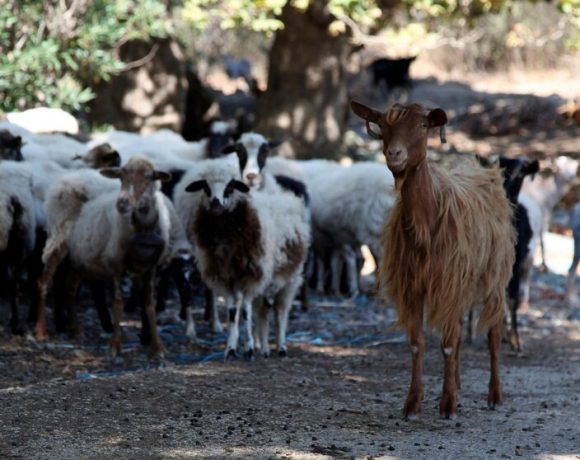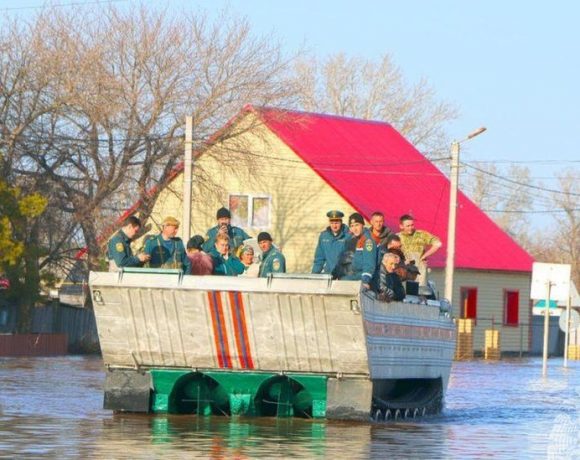
Greece has imposed a nationwide ban on the transportation of sheep and goats to contain an outbreak of the highly contagious disease known as “goat plague.” The agriculture ministry announced that the movement of these animals for breeding, fattening, and slaughter is prohibited across the country. New cases of the virus, known as Peste des Petits Ruminants (PPR), have been identified in the central Larissa region and southern Corinth, where it can kill between 80% and 100% of infected animals, although it does not pose a threat to humans.
In a statement on Monday, the Greek agriculture ministry emphasized that this ban aims to limit the spread and eradicate the disease. They have informed livestock farmers, cheesemakers, slaughterhouse operators, and feed suppliers about the new restrictions. Over the weekend, ministry officials conducted urgent meetings with local authorities in the affected regions. An investigation is underway to trace the source of the outbreak, including the possibility of “suspicious imports” from abroad.
Greece is coordinating with the EU and the veterinary services of member states, as EU regulations dictate that an entire flock must be culled upon confirmation of a PPR case, followed by disinfection of the affected farm. Since the disease was first identified in Greece on July 11, at least 7,000 animals have already been culled. Greece holds the highest population of goats in Europe, and goat and sheep milk is essential for producing feta cheese, a key Greek product. PPR was first reported in Ivory Coast in 1942 and has since spread worldwide.
Picture Courtesy: Google/images are subject to copyright


